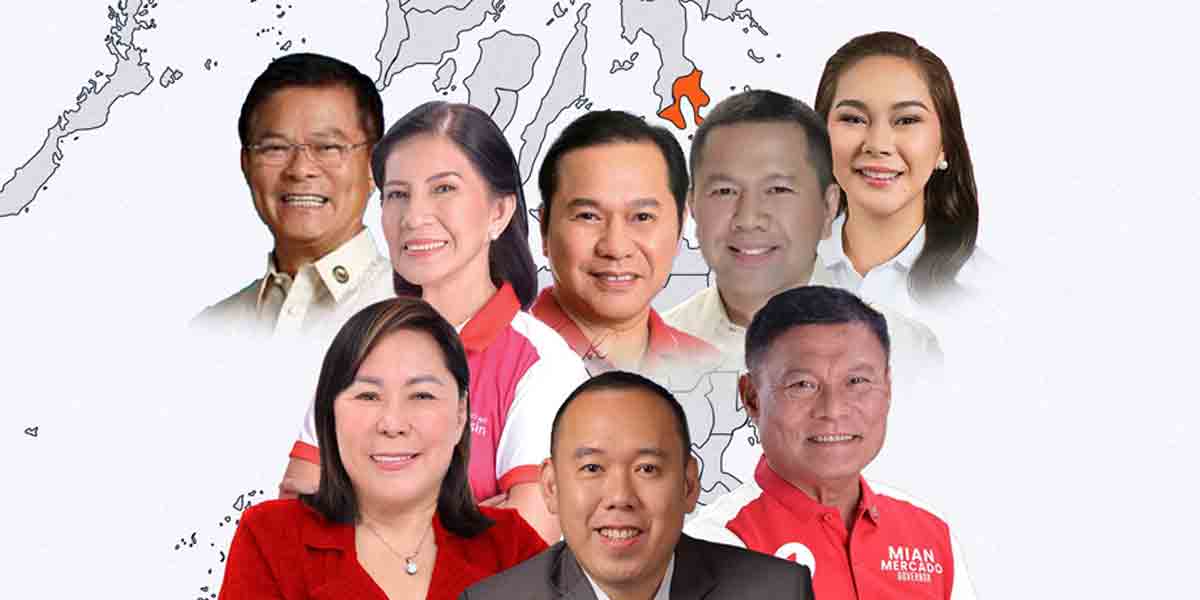The Fiscal Incentives Review Board (FIRB) clarified that the information being circulated on the extension of the work-from-home (WFH) arrangement for the Information Technology and Business Processing Management (IT-BPM) sector is still up for discussion.
In a position paper submitted to Finance Secretary and FIRB Chairperson Benjamin Diokno, the FIRB Secretariat explained that the Philippine Economic Zone Authority (PEZA)’s decision to extend the work-from-home (WFH) arrangement of the IT-BPM enterprises until March 2023 lacks legal basis.
“To date, the current and effective resolution issued by the FIRB states that the WFH arrangement for the IT-BPM companies within the ecozones is only until September 12, 2022,” said Finance Assistant Secretary and FIRB Secretariat Head Juvy Danofrata.
Asec. Danofrata pointed out that neither the Corporate Recovery and Tax Incentives for Enterprises (CREATE) Act nor the previous FIRB resolution gives any of the investment promotion agencies (IPAs), such as PEZA, the power to unilaterally allow the adoption of WFH arrangements.
She said that any move to extend the WFH arrangement beyond September 12 would need the approval of the Cabinet-level interagency body through a resolution.
She added that the resolution should be anchored on the extension of the State of Calamity or a declaration of the President of an exceptional circumstance, with Rule 23 of the CREATE Act IRR prevailing as its legal basis.
According to Asec. Danofrata, the FIRB Secretariat is already coordinating with the Board of Investments (BOI) in studying options to allow the WFH arrangements for the PEZA’s locators in the IT-BPM sector.
She added that the matter will be deliberated in the FIRB’s next meeting in mid-September.
Secretary Diokno, in a previous meeting, highlighted the importance of ensuring compliance among the FIRB stakeholders, including the IT-BPM locators, with the provisions under the CREATE Act to achieve an effective tax incentives regime in the country.
“It is crucial that the locators in economic zones comply with the ongoing terms and conditions of their registration in order to continue receiving tax incentives as IPA-accredited businesses,” said Secretary Diokno.






















